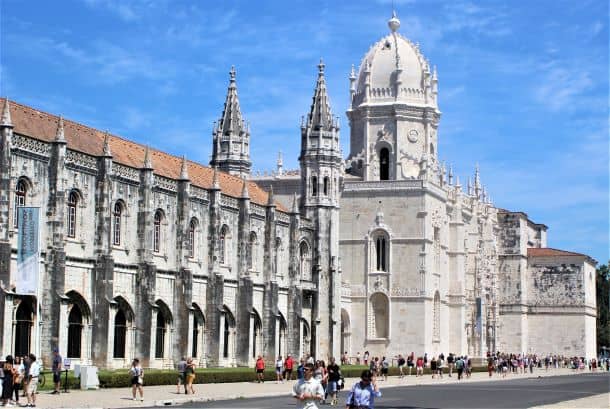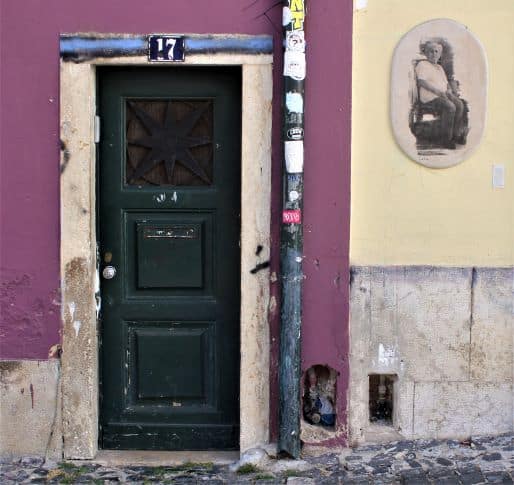There are parts of Portugal, especially in Lisbon and Porto that are rapidly changing. New condos and apartments are being built and sold at a premium, some with pricetags north of one million Euro.
But, if you wander around these gentrifying areas, you’ll see local septuagenarians going about their daily activities or hanging out in their homes mere steps from these newly built high-priced digs.

So, how is this happening?
After all, in the United States and many parts of the world, when a neighborhood begins to gentrify, low income individuals get priced out of the housing market and are forced to move. After all, who can afford four, eight, or twelve thousand in rent each month when all you have is a meager Social Security check coming in each month?
Of course, when this happens, it changes the personality of the neighborhood. A place where artists and young families and immigrants and grandparents once lived becomes home to IT professionals, CEOs, and Hedge Fund Managers. Then, Russian oligarchs and Chinese billionaires buy up property as a tax dodge.
In Portugal, however, this scenario plays out quite differently.

The elderly and low-income individuals wind up paying rents well below the market average. And, as long as the owner doesn’t make significant improvements to the property (with approval from the tenants), these low rents can continue indefinitely for decades with no or tiny increases over the years.
When the tenant dies, his or her spouse, child, or even their caregiver can legally take over the lease at the same monthly rent.
As you can imagine, this provides and incentive to stay in the same apartment with no upgrades or improvements.

I’ve seen this with my own eyes. We are in the market for a long-term lease or a place to buy in Portugal. Some of the places we’ve seen have come onto the market after the tenant who lived there for decades passed away. One place looked like it hadn’t been updated since the 60’s. The kitchen, bathroom, electrical box, telephone, and everything else looked like it was from a time capsule. Nothing had changed even as the city around it had modernized considerably.
From a strictly economic point of view, this housing system is inefficient. Lots of money is made when people moving around. Mortgage companies, real estate agents, movers, furniture makers, and so many others make a big part of their income from housing mobility. And, as people move to new places and cities grow, new housing stock must be built. Construction companies and materials producers all benefit.
However, I don’t want to live in a place where the only factor to consider is how much profit is to be made.
To me, quality of life is dependent on things like amenities, walkability, and diversity.
Being able to walk to coffee shop where the old men gather to chat, having a nearby fresh produce market, and a square where I can sit and watch the world go by are infinitely more valuable to me than property values.
About the Author

Brent Petersen is the Editor-in-Chief of Destination Eat Drink. He currently resides in Setubal, Portugal. Brent has written the novel “Truffle Hunt” (Eckhartz Press) and the short story collection “That Bird.” He’s also written dozens of foodie travel guides to cities around the world on Destination Eat Drink, including in-depth eating and drinking guides to Lisbon, Porto, Sintra, Monsaraz, and Evora in Portugal. Brent’s podcast, also called Destination Eat Drink, is available on all major podcasting platforms and is distributed by the Radio Misfits Podcast Network.
